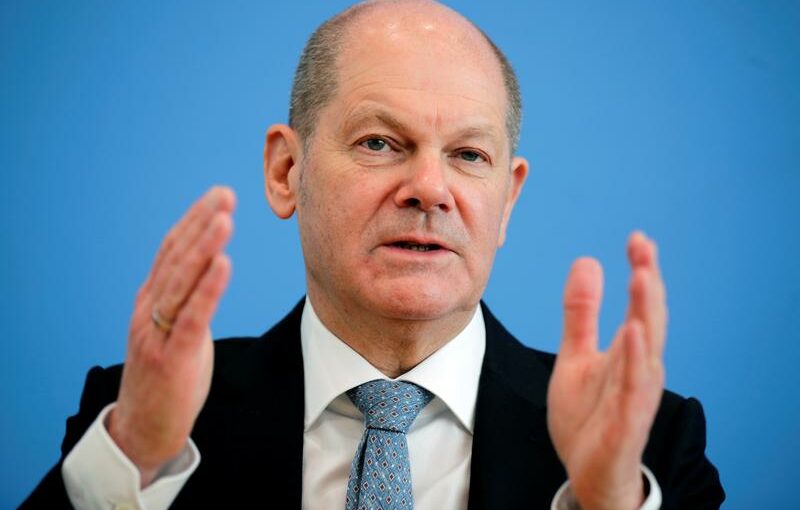BERLIN (Reuters) -Germany and France welcomed on Tuesday a pledge by U.S. Treasury Secretary Janet Yellen to work on a global corporate minimum tax rate, adding that a deal among more than 140 countries was now possible.
The countries are racing to agree a minimum corporate tax by mid year as part of negotiations to update the rules for taxation of cross-border commerce for the first time in a generation.
Ahead of a meeting with her G20 counterparts this week, Yellen said she is working to agree on a global corporate minimum tax rate. In comments on Monday, she also pledged that restoring U.S. multilateral leadership would strengthen the global economy and advance U.S. interests.
German Finance Minister Olaf Scholz said he was optimistic.
“I’m in high spirits that with this corporate taxation initiative, we’ll manage to put an end to the worldwide race to the bottom in taxation,” he said.
He added that any deal must include new rules on how to tax cross-border business by digital tech giants, which is the second focus of international tax talks underway at the Organisation for Economic Cooperation and Development.
As part of a domestic overhaul of U.S. corporate tax, the Biden administration wants to set a minimum tax on U.S. corporations of 21% no matter where they earn the income being taxed, up from 10.5% currently.
Countries are negotiating a global minimum corporate tax rate and new rules for taxing cross-border commerce to discourage big multinationals from booking profits in low-tax countries like Ireland regardless where their income is earned.
“A global agreement on international taxation is now within reach. We must seize this historic opportunity,” French Finance Minister Bruno Le Maire, who had clashed with the previous U.S. administration over international tax, said as he welcomed Yellen’s pledge.
The proposed U.S. minimum is higher than what has been discussed so far at the OECD, which has been closer to 12.5% and happens to be the current Irish corporate tax rate.
With its much higher proposed rate for U.S. companies, Washington will be eager to ensure that the rate agreed internationally is as close as possible to its 21% rate.
A French Finance Ministry source said it was far from certain the proposed U.S. minimum would make it through Congress, where the bill is likely to face stiff opposition from Republicans.
“It won’t necessarily be the reference rate for the minimum tax that gets decided at the OECD,” the source said.
“We think that the shift in the American administration’s position can breathe new life into negotiations with European countries with extremely low rates,” the source added.
Sven Giegold, a member of the European Parliament for the Green party, said Yellen’s pledge offered a historic opportunity to set a new international floor on corporate tax.
“The public coffers are empty due to the Corona crisis. Olaf Scholz and Bruno Le Maire should now take up Yellen’s proposal and push for a global minimum tax rate of 21%. Now is the chance,” he said.
Source: Read Full Article
